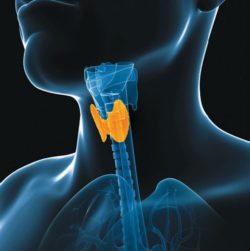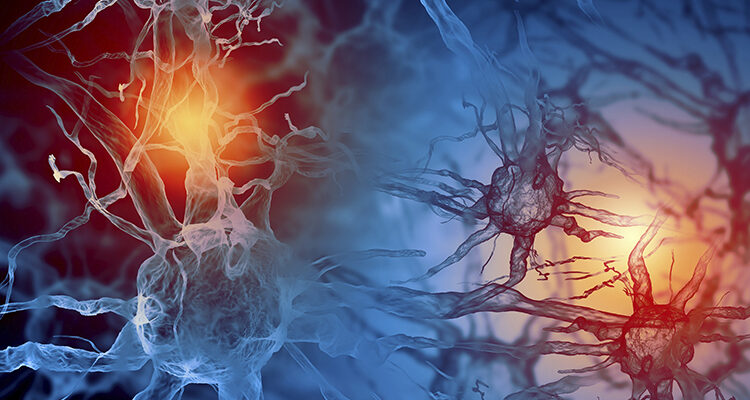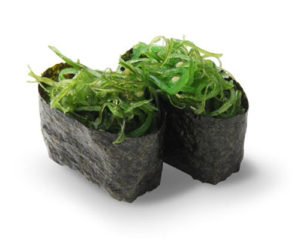
VITAMIN C: Benefits, Sources & Deficiency
What does Vitamin C do in the body?
Vitamin C (L-ascorbic acid or ascorbate) has over 100 functions in our bodies, including:
- Antioxidant to reduce inflammation and disease
- Helps with the absorption of iron into the body
- Needed for collagen synthesis to keep skin, bones and connective tissue healthy
- Has a role in epigenetic regulation2 (turning our genes on and off)
- Needed for the activates of folate in the body
- Needed for the production of neurotransmitters in the brain (converts tryptophan to serotonin)4
- Assists with wound healing
- Converts cholesterol to bile acids thus helping with the removal of cholesterol from the liver and body
- Is anti-histamine and can reduce the severity of allergic reactions4
- It is found in high concentrations in gastric juices of the stomach, and it may prevent the formation of nitrosamines3 from nitrogen compounds found in preserved meats, and nitrosamines are cancer-causing chemicals
Synthetic Vitamin C
The synthetic form of vitamin C is chemically similar to naturally sourced vitamin C. Many studies show little difference in absorption and uptake into the body1. So at a quick glance they look and act quite similar. There are a few points worth noting:
- When Vitamin C comes from food it comes with other nutrients that allow for synergy.
- Vitamin C is often sourced from corn syrup. This may be a GMO crop, for those who prefer GMO free this may be undesirable.
- If you want a naturally sourced vitamin C they are available commercially in Australia.
What is Synergy?
Synergy is when a substance is found (or mixed with) another substance, or many substances, and they work together to become more powerful/useful together than separate. For example; Kiwi fruit contains vitamin E and vitamin C, when these two are combined they are more effective together because the vitamin E preserves the vitamin C, so the vitamin C content of kiwi fruits is naturally preserved for longer. Most other fruits are not so lucky.
Good Sources of Vitamin C (Australian Data)
The RDI (recommended daily intake) for vitamin C in Australia is 45mg for Adults, 60mg in pregnancy and 85mg if breast feeding3.
- FRUITS – Kakadu plum, guava, blackcurrant, parsley, capsicum, chilli, kiwi, blueberries, star fruit, strawberries, citrus fruits, paw paw, pineapple, mango, sprouts, watermelon, tomato, berries, dried fruits.
- VEGETABLES – Broccoli, spinach, cabbage, brussel sprouts, potato, sweet potato.
- One kiwi fruit per day (140-240mg) provides our RDI!
Vitamin C Deficiency
While a full blown deficiency causes scurvy, a slight deficiency where intake is suboptimal or inadequate can cause symptoms such as bleeding gums, easy bruising, broken capillaries and weakened immune system2. A vitamin C deficiency may cause infertility in men. Studies have shown with age (especially over 80 years) there is a sharp decline in the vitamin C content of our brain, and it suggested there may be a link with low vitamin C and age related neurodegeneration2. Studies further suggest vitamin C may be protective against Alzheimer’s disease2.
During pregnancy a deficiency can cause developmental defects and increases the risk of congenital defects in the abdomen wall2 and may affect the brain2.
The amount of vitamin C in breast milk is dependant on intake, if your intake is low so is the content of the breastmilk.
Those with Crohn’s disease, coeliac disease, ulcerative colitis, smokers and those with eating disorders are more susceptible to a vitamin C deficiency.
During pregnancy a deficiency can cause developmental defects and increases the risk of congenital defects in the abdomen wall2 and may affect the brain2.
What Effects the Vitamin C Content of Foods?
The vitamin C content of foods can be affected by the season, transport, shelf life, storage time, cooking practices and chlorinated water. How quickly the foods are refrigerated after picking can have a dramatic effect. Vitamin C is sensitive to heat, light, oxygen and mildly alkaline conditions, as these can destroy vitamin C. As vitamin C can leach into water during cooking, steaming is better than boiling.
Tips for using Vitamin C
- Take lower doses (under 200g) a few times during the day, as is better absorbed that one larger dose.
- If you are sensitive to the acidic supplemental vitamin C forms try Ester-C or Calcium ascorbate, these are buffered and better tolerated.
- Vitamin C is not stored by the body, it is used and excreted in 2-4 hours4 therefor it is important to consume vitamin C daily.
Supplementing Safety Information
Excess vitamin C is not for those with high iron as it can increase iron absorption. Vitamin C can also increase the absorption of aluminium from some antacids (Mylanta & Gelusil), caution is advised. Use caution with kidney disease and kidney stones when supplementing with vitamin C.
I do not recommend taking more than 1g a day, or taking vitamin C long term without professional advice, as there can be other adverse reactions and contra-indications.
References
Carr, A. C., & Vissers, M. (2013). Synthetic or food-derived vitamin C—are they equally bioavailable?. Nutrients, 5(11), 4284-4304.
Camarena, V., & Wang, G. (2016). The epigenetic role of vitamin C in health and disease. Cellular and molecular life sciences, 73(8), 1645-1658.Lo
Australian NHMRC (2017). Retrieved from: https://www.nrv.gov.au/nutrients/vitamin-c
- Iqbal, K., Khan, A., & Khattak, M. M. A. K. (2004). Biological significance of ascorbic acid (Vitamin C) in human health–a review. Pakistan Journal of Nutrition, 3(1), 5-13.



